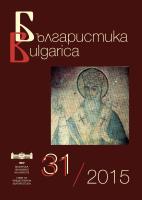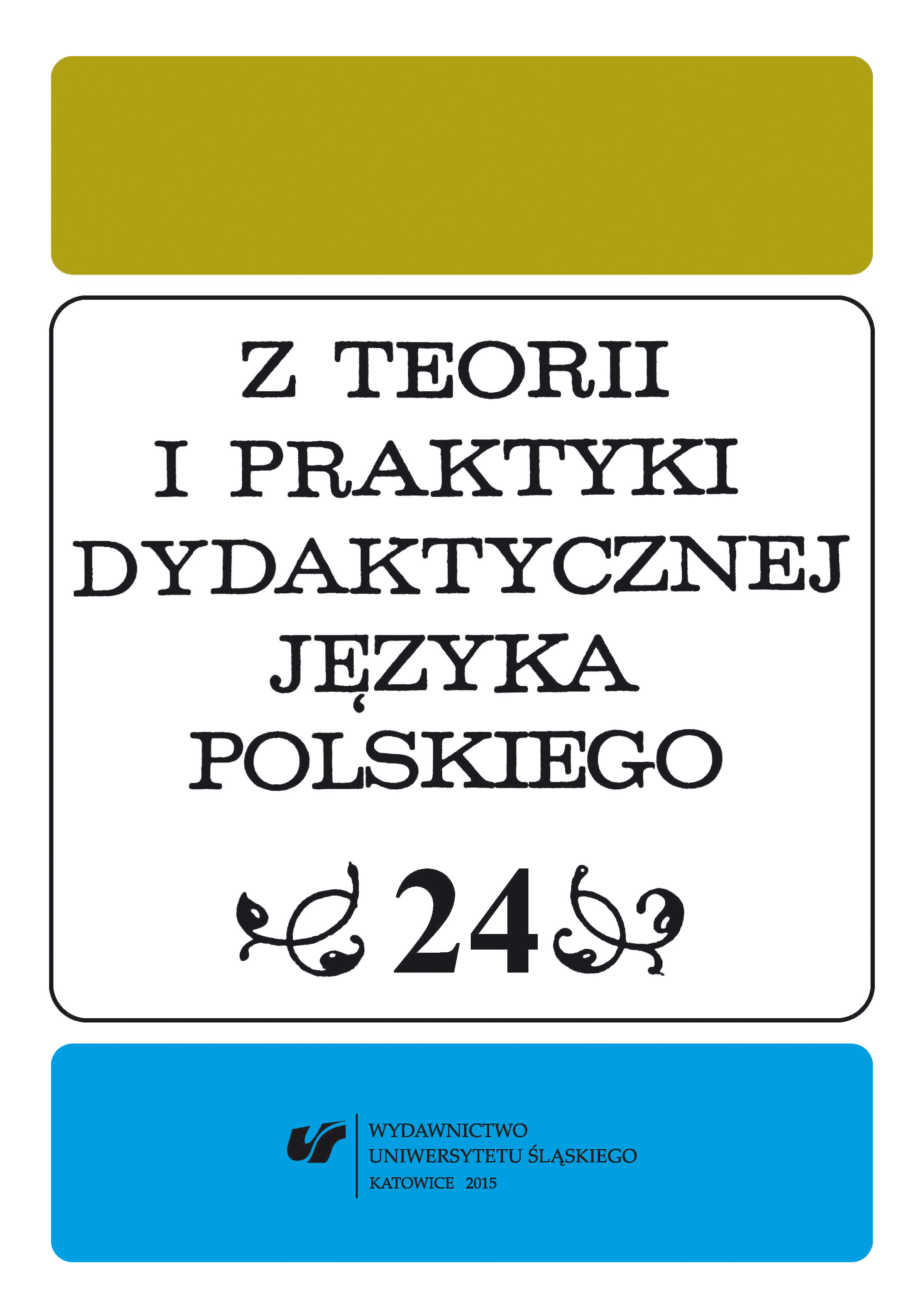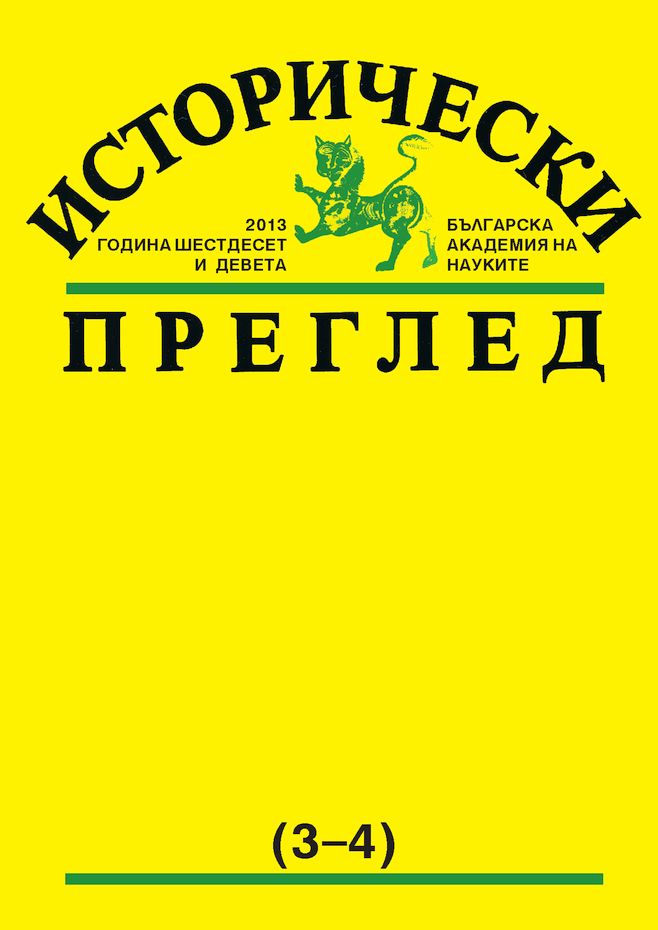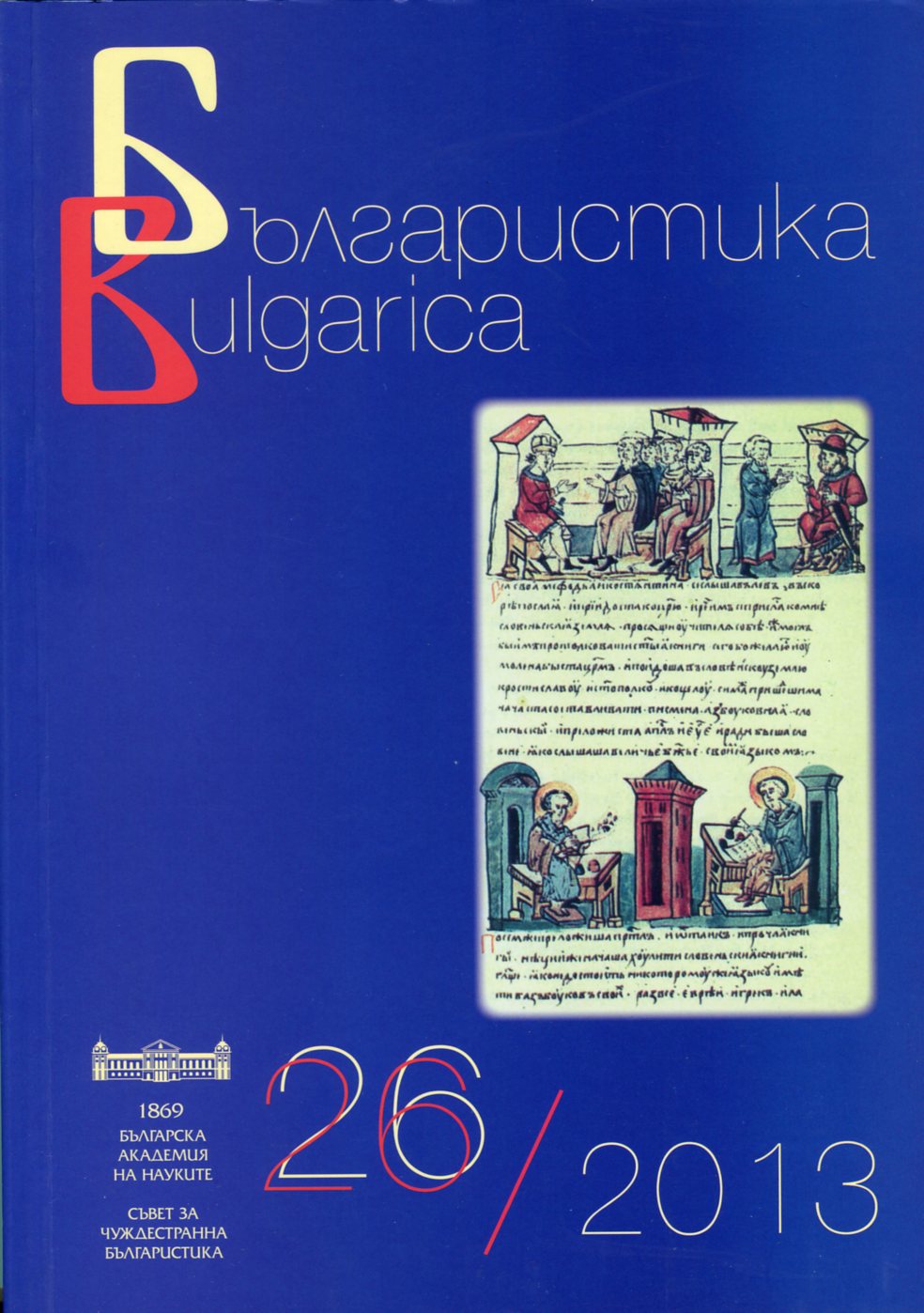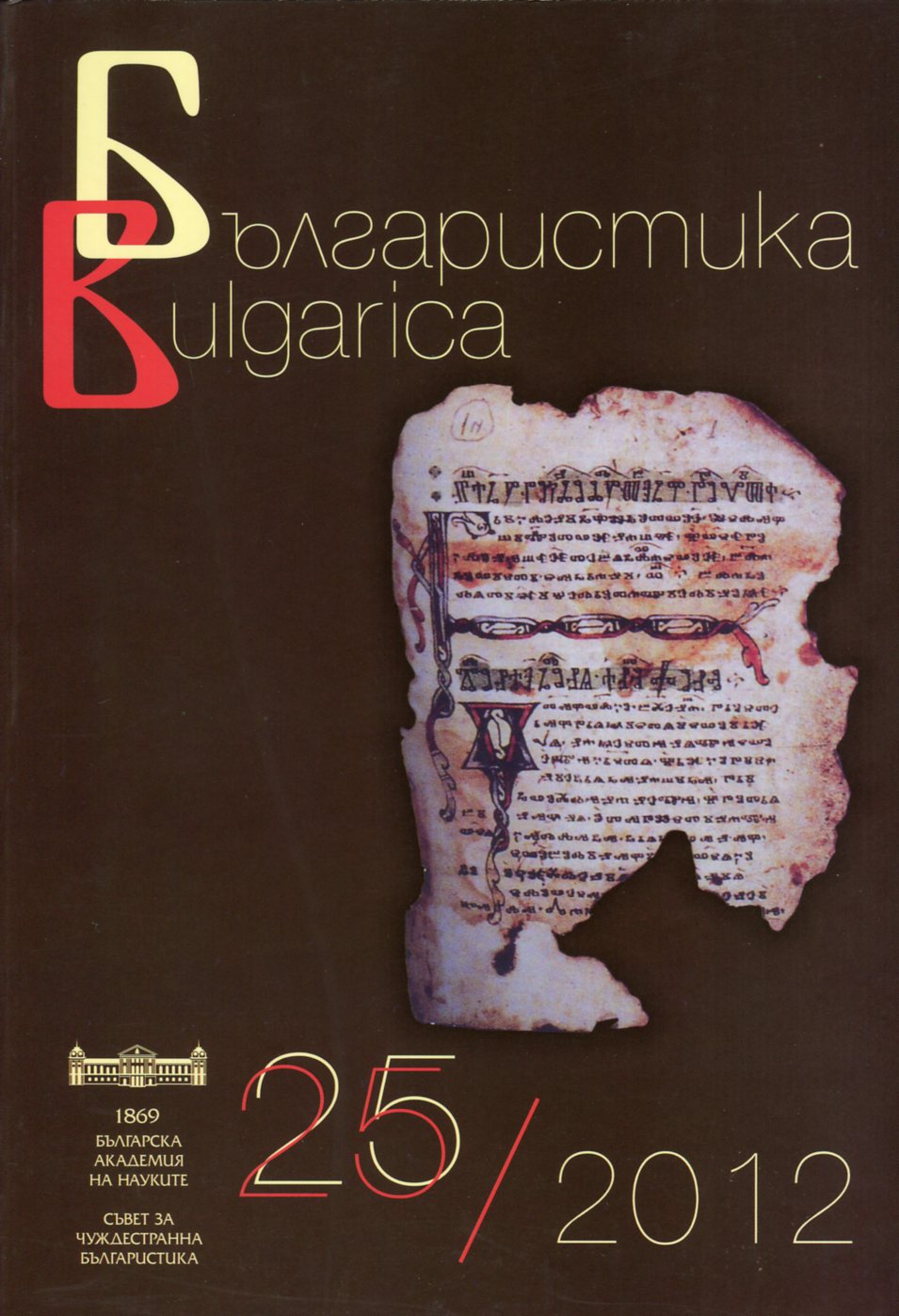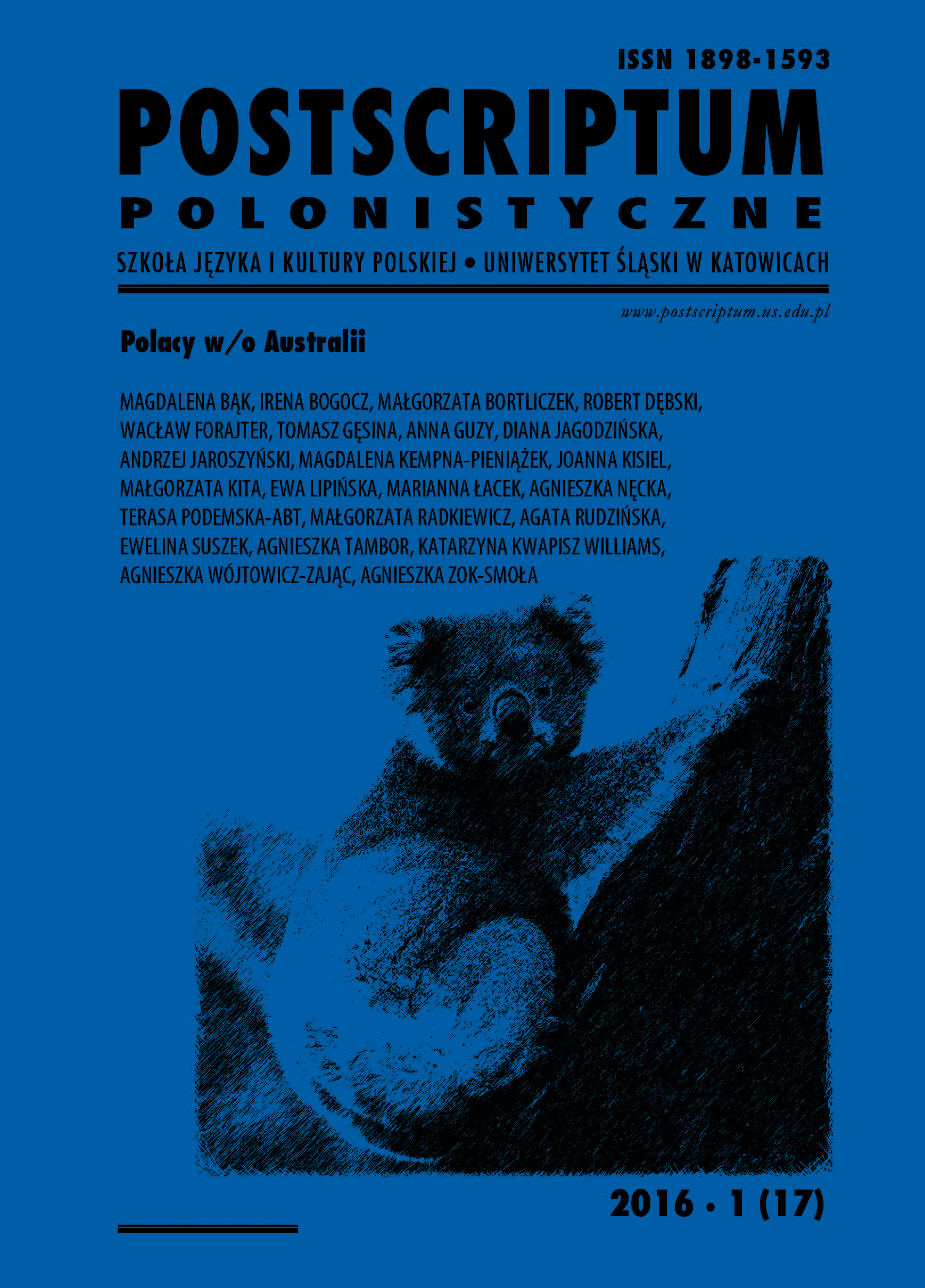
Dalej niż daleko. Znaczenie geograficznego usytuowania Australii we wspomnieniach Seweryna Korzelińskiego i Bolesława Dolańskiego
The aim of the article is to analyse the way in which Seweryn Korzeliński and Bolesław Dolański describe the geographical location of Australia (the distance that separates it from Europe). In many reports from Australia and literary texts describing the continent, written either before or after Korzeliński’s and Dolański’s memoirs, the distance that separates Australia from Europe is considered the main characteristic feature that determines the way in which other Australian phenomena are regarded. The article discusses the interesting way in which the two authors present Australian geographical location and the purpose this literary interpretation serves in their memoirs.
More...

